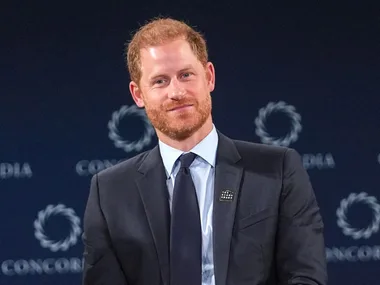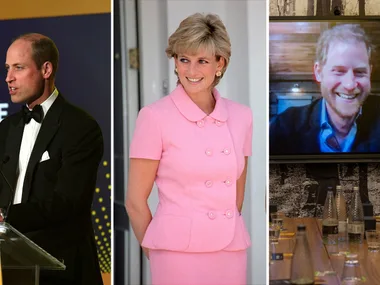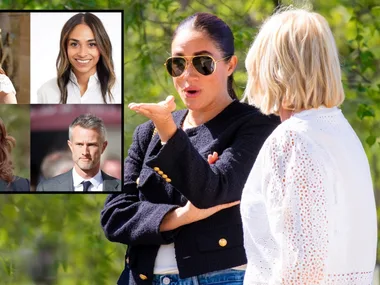Fatima Bhutto is chic, petite and beautiful, but the story she tells is awash with blood and treachery. Born into one of the world’s great political dynasties, she relates its fortunes with an insider’s candour, but it would take a Shakespeare, a Homer or a Cecil B. DeMille to do the job properly.
An outline of the plot might run like this… In ancient times, a warrior tribe settles in a remote area of what is now southern Pakistan. One family eventually becomes pre-eminent, its fortunes built on an ability to out-scheme its rivals, and in time the whole country falls into its hands. Then things start to go wrong.
The revered patriarch bequeaths power to his beautiful, autocratic daughter, but her rule is tainted by corruption and excess. Her younger brother dies in mysterious circumstances; her older brother rebels against her and is murdered. Her favourite niece accuses the new ruler of plotting against her own kin. The matriarch is driven into exile, where she seethes and conspires, and finally returns, only to be assassinated.
Fatima, the 28-year-old inheritor of these chronicles of mayhem, is sitting in a London theatre cafe — a glossy, engaging presence with movie-star looks and a mind that wastes no time on sentiment. The Bhuttos have dominated Pakistan’s politics for decades and, even as a little girl, Fatima basked in the glow of specialness, doted on by her relatives and raised with an exalted sense of destiny. Today, though, far from home, she seems scared and lost — disillusioned with what her family has wrought and threatened in her home country for having breached the Bhuttos’ hallowed code of silence.
She describes the family as “a cult” and argues that its insatiable hunger for power has corroded its collective soul. “There’s this idea,” she says, “that if you are a Bhutto, the people owe you a blood debt and you are entitled not just to be in charge, but to have this kind of other-worldly standing, and the whole thing badly needs demystifying.”
Fatima’s sense that her privileged birthright might be something other than an advantage began when, aged 14 and cowering with her younger brother in an upstairs room of the family home in Karachi, she heard her father being mowed down in a hail of bullets. Only later, still raw with grief, did she come to the conclusion that her aunt, Benazir, had ordered his death. “My papa was a wonderful man,” she says. “When that happens to you, it changes everything.”
Mir Murtaza Bhutto, the charismatic, 42-year-old elder son of family patriarch Zulfikar Ali Bhutto, had recently returned to Pakistan after several years of self-imposed exile. He had voiced stinging criticisms of Benazir, then in her second term as prime minister, and the tensions between them were steadily worsening.
On September 20, 1996, an armed police unit arrived at Murtaza’s house, apparently with orders to arrest him on charges of subversion. Up in her room, Fatima heard the sirens, the car doors slamming, the shouting and, finally, a long burst of gunfire. “My little brother said, ‘Why are they letting off fireworks?’,” she recalls, “but I knew it was more than that.”
The police would not let anyone leave the house. Desperate for information, Fatima telephoned Benazir’s private office. The teenager and her powerful aunt had always been close. “We were each other’s favourites,” she says. “When I was little, we used to laugh and eat disgustingly sticky sweets together. She was always kind to me.” Surely, Benazir would help.
Instead, the call was taken by Benazir’s husband, Asif Zardari — now the president of Pakistan — who informed Fatima that Benazir was unavailable. “But why?,” she persisted. “It’s her niece. I have to speak to her.”
“Oh, don’t you know?” replied Asif, coolly. “Your papa’s been shot.”
Fatima’s belief that Benazir was behind her father’s murder has only strengthened with the years and it lies at the core of her controversial new book, Songs Of Blood And Sword. To many people around the world, Benazir was an authentic heroine — a champion of democracy, free expression and women’s rights in a corner of the world heavily identified with bearded men waving Korans and setting fire to American flags.
“I completely understand why she was so admired,” says Fatima. “In Pakistan, too, when she became prime minister, it was as though she was carrying all our hopes and dreams, and there was this virtual adoration of her and a longing for her to do well. But the truth is that power changed Benazir and once she had it, she became a very different person.
“The West didn’t notice the change so much. It carried on seeing a political pin-up. Here was a woman running an Islamic country, she was beautiful, she spoke very good English, she said all the right things and it all made her extremely acceptable.
“But what we saw in Pakistan was corruption, abuse of power and absolutely nothing being done to improve the country. And this woman, who was supposed to be a figurehead of women’s rights, who spoke out for full democracy, was one of just three world leaders to recognise the Taliban. So that was the Benazir we had to live with.”
However intoxicated Benazir had become with power, could she really have ordered the execution of her own brother? Fatima wishes she could believe otherwise, yet such horrors, she says, are the poisonous legacy of the Bhutto cult.
“It’s terribly painful for me to think of her this way,” says Fatima, who is coming to Australia in May for the Sydney Writers’ Festival. “I loved her when I was young. I wanted nothing more than to be around her and it was partly because she was an incredibly vulnerable woman who was extraordinarily brave, and even as a child, you felt that you wanted to protect her and that she needed you to be there.
“So I watched her change from someone who suffered into someone who caused suffering, from someone who knocked down walls into someone who built them and from someone who fought against oppression into someone who would tolerate absolutely no criticism, and that was the nature of the beast.”
In 1996, Benazir was driven from office and spent much of the next decade living abroad, mostly in London and Dubai, in a state of luxurious frustration. In 2007, aged 54, she returned to Pakistan, intent on regaining power. On the night of December 27, as she left an election rally in Rawalpindi attended by hundreds of thousands of supporters, a suicide attacker first opened fire on her, hitting her in the neck, then detonated a bomb. She was pronounced dead on arrival at hospital.
Fatima’s huge, chocolatey eyes moisten as she recalls her aunt’s all-too-foreseeable death. Although estranged, the two women were irrevocably bound together by the Bhutto bloodlines and a shared sense of fate. “I cried for the next five days,” writes Fatima in her book. “By the time I had drained myself of tears, I had cried for everyone.”
Whatever Benazir’s other failings, no one could accuse her of lacking courage. She had been repeatedly warned that Pakistan’s violent jihadis — adherents of a bleak mediaeval theology who despised her both as a woman and a politician — were out to kill her. She took no notice. “I am not afraid of dying,” she said shortly after arriving back in Pakistan. “When it comes, it comes. It doesn’t scare me. They can kill me, but they can’t kill democracy.”
Her death was one more milestone in the Bhuttos’ tragic history. Fatima’s grandfather, Zulfikar Ali Bhutto, a former prime minister, was hanged by a military junta in 1979 and her uncle, Shahnawaz, was found dead, apparently poisoned, at his home on the French Riviera in 1985. “Benazir had a saying,” muses Fatima. ” ‘Kill a Bhutto, get a Bhutto’, and it is a kind of truth.”
Today, Fatima feels her own position threatened. Her book is a runaway best-seller, which has not only made her enemies, but also established her — unwillingly — in Pakistan as a symbol of opposition to the government. She worries for her safety, but says she’ll never leave the country. “I don’t intend to run for anything [politically],” she says. “I just don’t believe in birthright politics. How can you honestly argue for democracy when you are trading on your name?
“During the last election, I went out on the streets, trying to get women, particularly, to vote. And I met quite a lot of them who would say, ‘Well, we’re going to vote for Benazir’. And I would say, ‘But you can’t, she’s dead’, and they’d look a little hurt and say, ‘Well, we want to anyway’.
“That’s what the Bhuttos have created. People don’t vote for ideas. They vote for ghosts.”
Songs Of Blood And Sword by Fatima Bhutto, published by Jonathan Cape, $34.95. Fatima will be a guest of the 2011 Sydney Writers’ Festival, May 16-22. For details and bookings, visit swf.org.au.
Newsletter conversion description. Get the latest in your inbox.

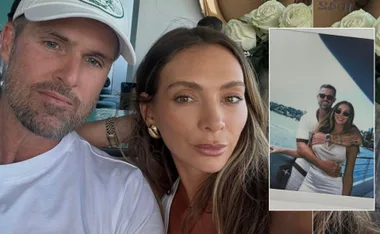




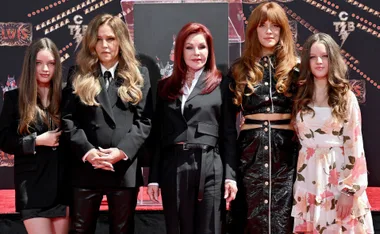
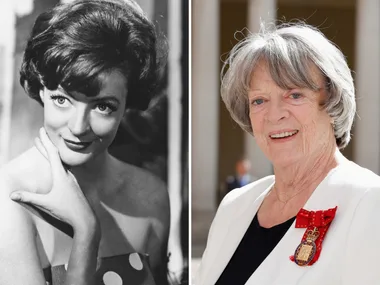

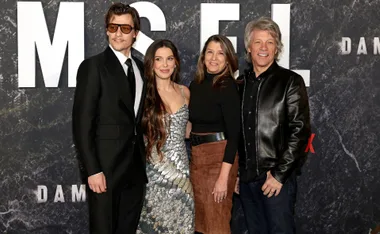


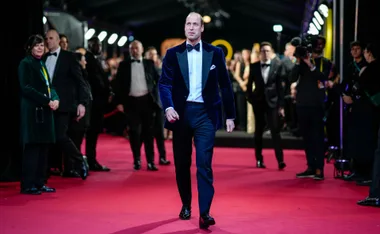
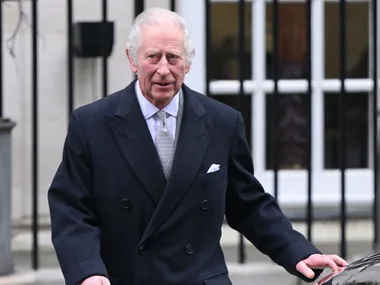

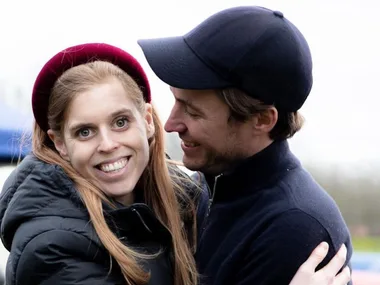
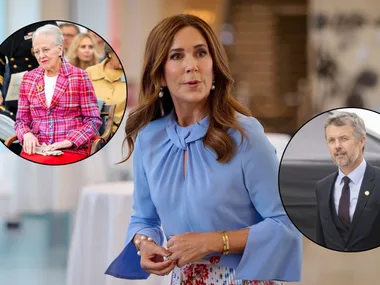
-(2).jpg?resize=380%2C285)
